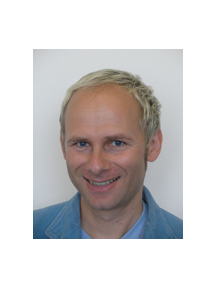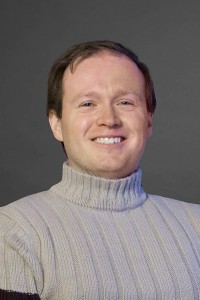 Titles: 1) Notch-1 induces Epithelial-mesenchymal transition consistent with cancer stem cell phenotype in pancreatic cancer cells
Titles: 1) Notch-1 induces Epithelial-mesenchymal transition consistent with cancer stem cell phenotype in pancreatic cancer cells
2) Sensitization of squamous cell carcinoma to cisplatin induced killing by natural agents
What Caught Our Attention: Regular readers will be familiar with the saga involving Fazlul Sarkar and PubPeer: In 2014, Sarkar sued anonymous commenters on the site, claiming defamation (and that damaging comments may have cost him a new job). Although Sarkar won an initial ruling, it was overturned by an appeals court. In the midst of that, the ACLU (which represented PubPeer in the case) released a copy of a misconduct investigation report compiled by Sarkar’s institution, Wayne State University, which concluded that he had committed enough misconduct to warrant retracting 40 papers. The two latest notices, both of which cite Wayne State’s investigation, bring Sarkar’s total to 21. Continue reading Caught Our Notice: Researcher who sued PubPeer commenter up to 21 retractions
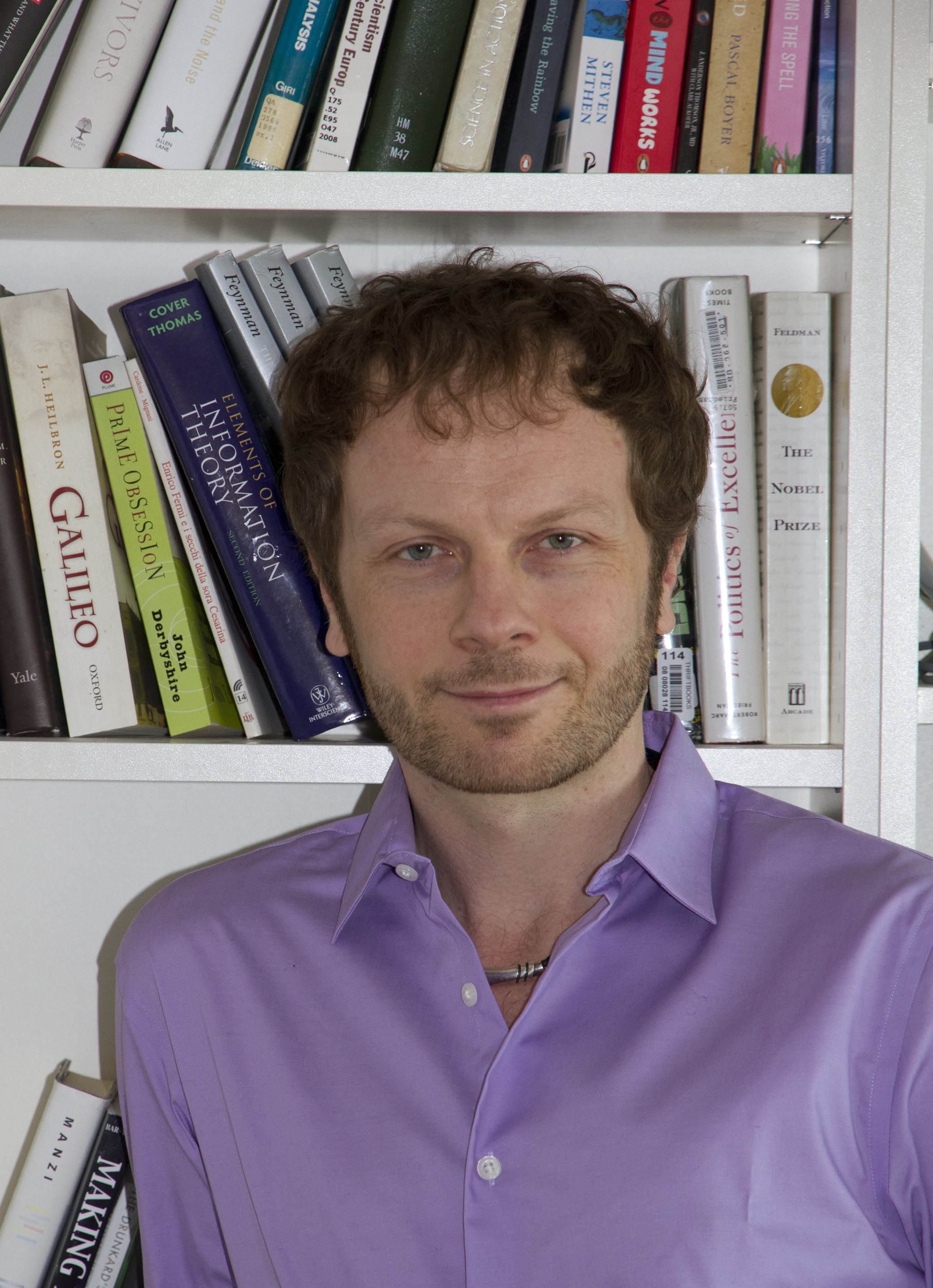
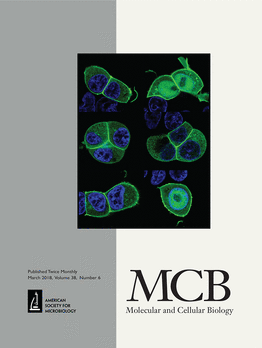 A researcher who is
A researcher who is 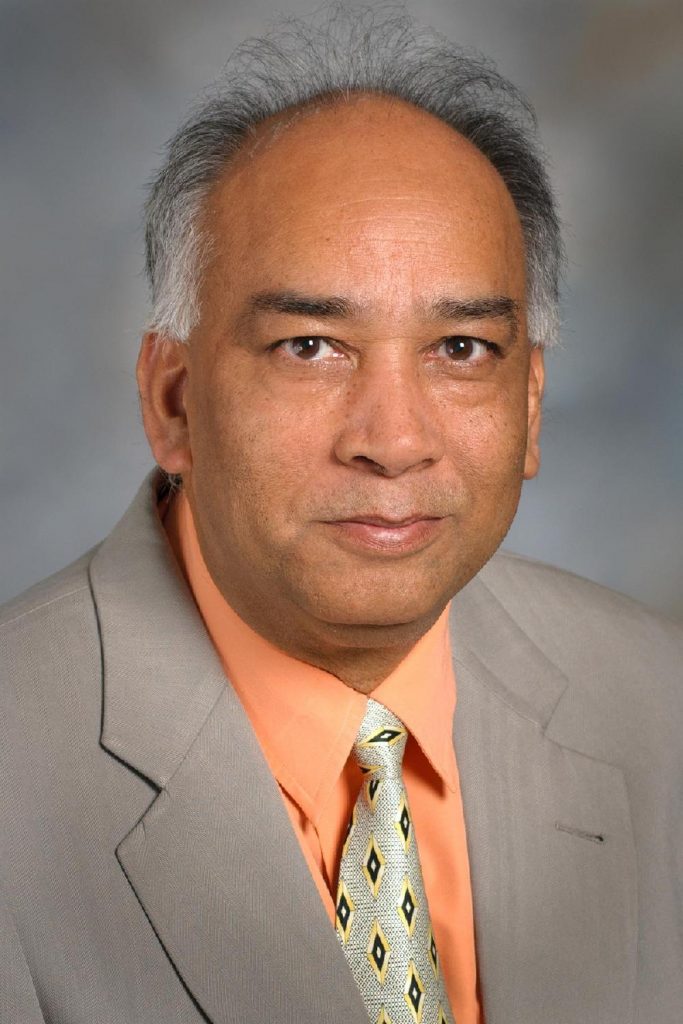
 The Karolinska Institutet in Sweden has declared that once-lauded surgeon
The Karolinska Institutet in Sweden has declared that once-lauded surgeon 
